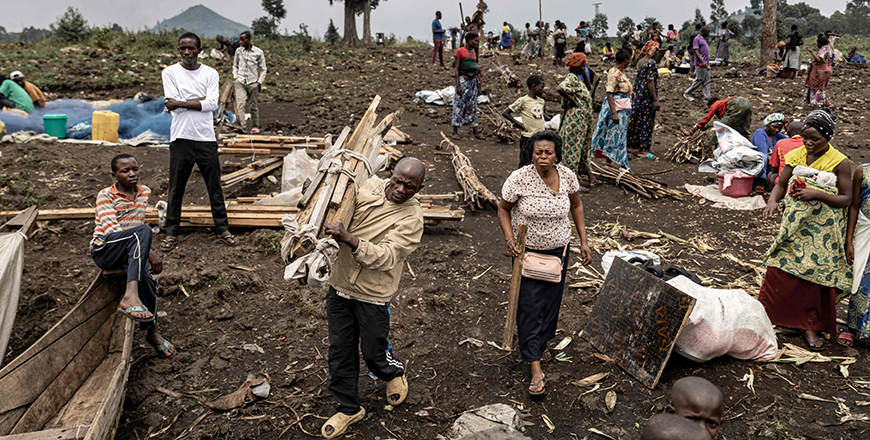Lafarge Africa, one of the leading innovative and sustainable building solutions company and manufacturers of a range of cement brands, has signed a Memorandum of Understanding on solid waste management with the Lagos State Ministry of Environment and Water Resources through the Lagos State Waste Management Authority (LAWMA) in line with its ambitious zero waste to landfill objective.
Lolu Alade-Akinyemi, the Chief Executive Officer, Lafarge Africa Plc, while speaking during the signing ceremony held at the Ministry of Environment’s Office, Alausa Secretariat, described the partnership with the Lagos state government as a unique opportunity to take a significant step toward a cleaner, more sustainable future.
Alade-Akinyemi, explained that with the signing of the MOU, Lafarge Africa intends to collect non-recyclable and combustible waste from companies and Lagos State dumpsites and divert it to the Ewekoro Plant as an alternative fuel for production.
He added that managing waste effectively is critical to environmental stewardship, community well-being, and long-term economic development.
“By redirecting non-recyclable and combustible waste from companies and dumpsites across Lagos to our Ewekoro Plant, we are taking a significant step toward a cleaner, more sustainable future. All of these will be powered by Geocycle, our waste management arm,” he said.
He noted that the partnership will strengthen Lafarge Africa’s leadership in sustainable construction and climate action and allow both parties to make meaningful contributions to sustainable waste management in Nigeria.
“We have successfully deployed waste-to-energy solutions globally, and today, we are extending that expertise to Lagos. The waste sourced through this partnership will be utilised as an alternative fuel in our cement kilns, replacing fossil fuels, reducing our carbon footprint, and contributing to Nigeria’s decarbonisation journey,” said Alade-Akinyemi
“Beyond the immediate advantages to Lagos state and Lafarge Africa, the broader environmental impact of this initiative is profound. By mitigating methane emissions from decomposing waste and reducing CO2 emissions from traditional cement production, we take a crucial step in combating climate change,” he added.




 5 days ago
15
5 days ago
15








 English (US) ·
English (US) ·